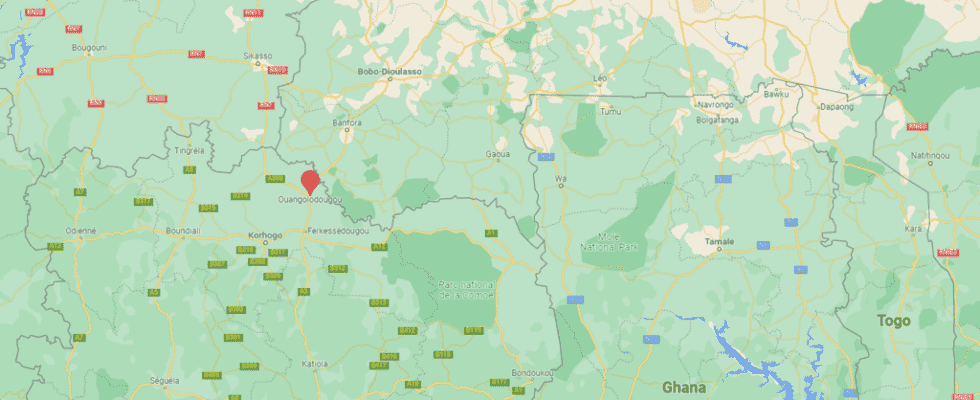The Ivorian National Security Council notes a “ recent influx of some 8,700 refugees from Burkina Faso. These refugees have settled in the north and north-east of Côte d’Ivoire. Arrangements are being made to deal with this influx of refugees in this area where security operations are still underway.
With our correspondent in Abidjan, Bineta Diagne
According to the National Security Council, the recent influxes of refugees concern the departments of Kong, Téhini and Ouangolodougou. Population movements that some inhabitants want to put into perspective: “ a lot of people have families on both sides of the border, that’s nothing new “says an official.
This phenomenon, however, is linked to frequent attacks by armed groups in Burkina “Slips a resident of Kafolo. ” The drying up of the Comoé River during this dry season favors these movements of people “, Continues this source.
The border has been closed for two years, due to Covid. ” People bypass the roads to avoid police harassment and ride through tracks, riding tricycles “, explains a resident of Ouangolodougou, gripped by fear: “ we don’t know who is who, there can be infiltrations at any time “, he says, “ however, on board these motorcycle tricycles, passenger luggage is not checked “.
For now, most refugees are staying with families. On Thursday, the National Security Council instructed the Prime Minister to identify 8,700 refugees counted recently, to provide them with reception sites.
Since the Kafolo attacks in June 2020 and March 2021, security operations in the north and north-east of the country have made it possible to contain insecurity on the Ivorian side. And local development programs have been initiated to provide alternatives to violent extremism.
■ In Burkina Faso, the humanitarian situation is alarming in the province of Soum, warns civil society
The province is in the grip of armed attacks and certain towns such as Djjbo, Arbinda or Kelbo have been totally isolated for months. There is no longer any supply by land, and those by air set up by the World Food Program are insufficient. The populations have exhausted their reserve stock, warns the spokesperson for the Consultation Framework of Civil Society Organizations, Idrissa Badini.
